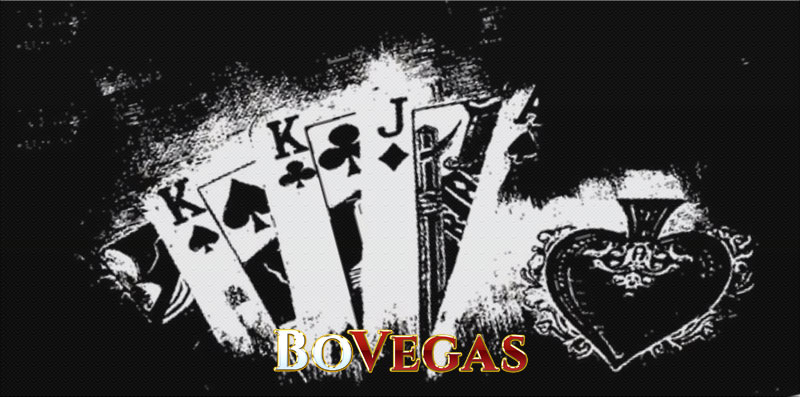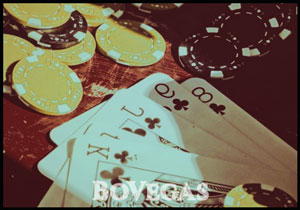



In this article, we’re going to look at the fundamentals of game theory as they apply to poker. Now, game theory is a very complex branch of applied mathematics that can take years to understand. Just ask Chris Ferguson, who spent more than ten years studying the concept at UCLA! For our purposes, however, we’re going to define game theory as the attempt to mathematically determine behavior in strategic situations, where an individual success in making choices depends on the decisions of others. Or, to put it more simply, game theory is just all about strategic thinking in a poker game.

Understanding your table image will help you exploit your opponent’s tendencies at critical stages of the tournament. For example, because we know that many players tighten up around the money bubble, this is an excellent time to open up and play a wider variety of hands; especially from a position, because most players who have made a deep run don’t want to risk not cashing. It would be devastating to them. They’re going to lay down a lot of hands that they may have been willing to play earlier in the tournament, giving you a chance to pick valuable pots without very much resistance.
Now, on the other hand, once the bubble bursts, players tend to drastically loosen up, which means you should shift gears and tighten up your game. Especially if you were playing very loose before the bubble burst. Now since your opponents will still see you as an aggressive, crazy, maniacal player, they’re going to be more inclined to play weaker hands against you after that money bubble has burst; and you can look for spots to trap them when now you’re actually playing quite tight, so you can be holding powerful hands!
In short, game theory relies on exploiting your image against your opponent’s customary playing habits and using it all against them. Understanding your opponent’s psychological state at various stages of the tournament will help you make strategic adjustments to your game; and ultimately, this is the only answer to how to be a better poker player.

No matter how much luck and motivation you may possess, it’s just not enough if you want to be a successful gambler. Knowledge is not trivial. In gambling, knowledge is by far the most powerful tool you can wield. Just for the record, a profound knowledge of gambling’s rich history does not equate to a […]
The definition of gambling has always been associated with luck and probability, whereas the integral skill-based part of the industry has been disregarded and dismissed as nonsense by most of those who are sadly unfamiliar with gambling. However, even some seasoned players scoff at the idea too! Even so, there have recently been some public […]
While some casino regulars might think of dealers as of a cog in a machine, they, in fact, performing functions that determine the quality of service. They are a key part of any non-automated game. Have you ever wondered what makes a good casino croupier become one? Let’s reveal some key aspects of a dealer’s […]
There always will be discussions on the positive and negative impact of gambling, and both sides are hardly likely to find a consensus. The media tend to exaggerate both sides of the issue. Mind-boggling stories of big slot wins at casinos encourage people to try their hand at playing, while headlines about great losses make […]
If you love gambling and have been to a land-based casino at least once, you may have thought about becoming a dealer. Playing the same game but from the opposite side, while communicating with other players, sounds like a dream job, right? A dealer is a straightforward job, and you will be the heart and […]
On Monday September 14, MGM announced that it plans to open its first smoke-free casino at the end of September, when Park MGM will finally reopen its venues to players and tourists. The resort comprises around 2,990 rooms and various restaurants, and it’s set to be reopened on September 30. The venue has been closed […]
Online gambling has undoubtedly taken a place of true supremacy over the casino industry during the pandemic. And the reason for that is quite clear: online casinos are more accessible, and you can always count on some encouragement from the casino administration to help you boost your game. However, this digital revolution has only been […]
The large selection of online gambling sites out there can make players somewhat puzzled, and give them a feeling of uncertainty about making the right choice of casino. Each online gambling venue offers its own conditions, games, and various bonuses, of course; but the most important thing is the reliability of the casino and the […]